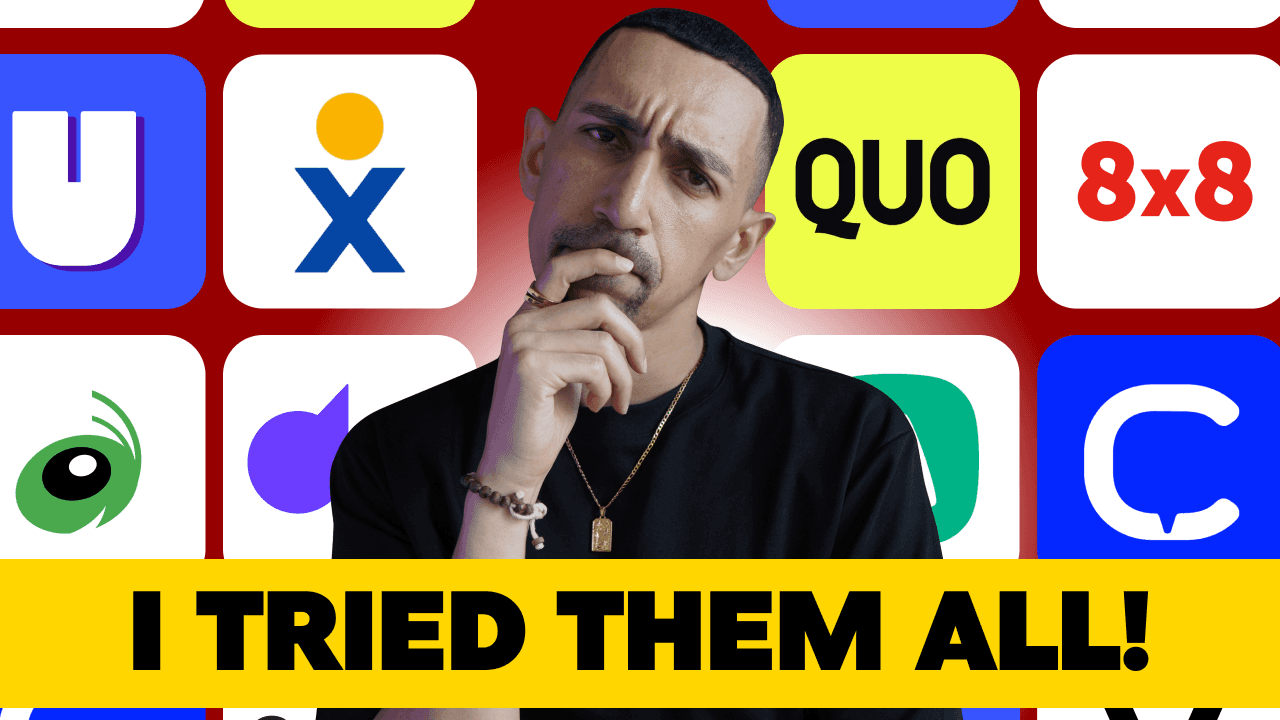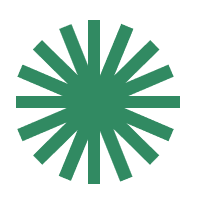How to Read Better and Recall More
Here is my system for reading better. This system lets me focus on exploring books rather than memorizing them. If I need a specific detail, I can easily search for them. This approach has allowed me to read more books and gain more knowledge with less effort. I can easily read 2-4 books a month, and it's been invaluable in my personal growth.
Jun 14, 2024
Productivity
8 min
George ‘was stirred by the people’ in these homes, ‘people of influence,’ adults ‘who were well-read and thoughtful, men who were accustomed to wielding power.’ Seven Men by Eric Metaxas
I never read more than one book in high school.
I know that is the story for many people; yet, today, I am quite an (D)avid reader. ;)
And I found a method to recall everything I read.

But this didn’t happen overnight.
When I turned 25, I set out to read… a lot. And I did. I ended up reading some 30 or so books that year.
At the time I would use a paper journaling method while reading (paperback books).
Today, I prefer Kindle. There are quite a few reasons and it’s what I’ll cover in this video but before that, let’s be clear on why being a well-read and thoughtful adult is so valuable. I don’t read to:
Be more knowledge
Be right in conversations
Tell people what I read
Remember everything
I read to explore. To be well-read is to be well-armed.
Exploration Over Memorization

APPS
Kindle - Website
Audible - Website
Readwise - Website
Notion - Website
In a world of information overload, it’s a superpower to be a savvy reader. You’r not just gaining information. No! Reading unlocks paths to excellence and growth.
Just like watching a movie, I read to go on an adventure (yes, a non-fiction adventure). When you go through the crystalized thoughts of a life well lived - alongside a wonderful editor - you end up with a book that is clear thinking.
And I think that’s exactly what I love - clear thinking. It’s why I love reading the Bible and the words of Jesus. The thoughts are clear.
When my thoughts can get confusing or tangled, reading someone else outline a problem, situation, story, or life advice with such clarity, that resonated with me, is like an explorer discovering land.
Reading Better - Make New Information Intuitive
What I then do to read better is focus on two key models:
Exploration
Automation
Exploration
Focus on exploration rather than memorization.
When I'm reading, I'm not stressing to memorize every little thing the author flags as key. This is a common stumbling block for many readers. I'm there to dig around, see what the book has to offer. A lot of times, people get stuck on trying to nail down exactly what the author means in chapter three, but if it's not clicking, who cares? It could be chapter seven that's gonna flip the switch for you.
So when you're reading for exploration, it's like you're freeing yourself to really dive in. Forget sweating over every tiny detail, focus on the big ideas, the stuff that makes you go, "Ohhhh." That takes the pressure off and suddenly, reading's a good time. It just feels right.
When you prioritize exploration, your reading experience has the freedom to engage with the material at a deeper level. As you explore, your natural curiosity will allow you to highlight and take notes, so you gain more from what you are reading.
Automation
I use the best tools to make reading as simple as possible. It’s a combination of Kindle, Audible, Readwise, and Notion. Let me break it down.
Tools - Your Literary Sidekick
Most people are way to ineffective in their reading habits. It’s 2024. So much great information exists to help you automate reading. Enlist them.
Kindle - Website
I read on the Kindle (on my phone, not a Kindle device) as it gives me the ability to read anywhere, anytime, and with no added weight to my life. I can buy 100 books and take them with me anywhere in the world. Lugging around 100 physical books is heavy. But the best kept secret about Kindle isn’t just the device: It’s Audible Narration & Highlighting.
Audible - Website
I don’t use the Audible app, at all but if you buy a Kindle book, (most of the time) you can also purchase the Audible Narration at a discounted price.

So you end up getting both the written and audio book for a good price. No subscriptions, either. Everything is yours, on all your devices for ever. And it syncs up perfectly with the current page of your Kindle.

The main benefits here I think most people overlook because we assume reading should be hard: Don’t read. Let the audio book do the reading for you. This reduces cognitive load and makes reading more enjoyable. It’s more intutitive. It removes 80% of your brains computing power, that is unessential (formulating sentences), and frees up space for you to explore the book.
This approach mirrors how our brains are naturally wired to learn—by creating mental maps and connections rather than storing isolated facts.
Then, there is the highlighting aspect. As you read the book, you can use your finger or Apple Pencil to highlight any of your favorite sentences.

This makes reading frictionless. When you read 25 plus books a year, you need an easy way to revisit your books. Otherwise, it just comes and goes. The screenshot above I just opened up my Kindle, a random book I recently read, and found this. Best part is that it was nice to re-read these three highlights.
Readwise - Website
But the fun doesn’t stop there, next Readwise will export your highlights from your Kindle into their system. It then can send you daily emails and resurface past highlights. Here is a sample email:

Like, what? I read some of these books 2+ years ago and just because I have them on Kindle, synced with Readwise, I’m able to revisit these quotes anytime.
Notion - Website
Not only that, Readwise will also send your highlights and notes automatically and continuously right to your favorite note-taking tool. In my case, that’s Notion. This screenshot below makes me so happy to look at!

At any time I can easily go into Notion, while I’m traveling or on the go, and easily review my favorite quotes and thoughts from a book. So, this reframes what I highlight. If it’s anything relevant to me, I can recall it. Then, if I want more, I go to the Kindle.
This is how I can recall everything I read.
The big mistake people maek is they think they need to remember everything. I think what’s mroe imprtant isn’t memorizing information; it’s finding information.
This is what I mean, a GPS is built to take you where you want to go, but it’s focus is on knowing locations, not specifically how to get from any random point, to another. It can figure that out in the moment, but it focuses primarily on knowing locations and our mind - if you study any expert memorization methods - loves locations, way more than arbitrary information. So, I focus on how do I find the location, versus what’s at the location.
Practical example: I’m with a friend and we start talking about best practices in health. I think back to the book I read, Outlive by Peter Attia. I don’t recall everything he said about Nutritional Biochemsitry, but I remember that he talked about it, gave it 3 primary categories, and outlines the best way to think about it. I can easily go to Notion or Kindle, search a key phrase, and boom, I have a 100% accuracy rate of recall.
Boosted Wins
If this system resonates with you, you can thrive.
If you want to master a topic by reading, you can go through 10 books in a month (1.5-2.5 hours a day can easily get you through 10 non-fiction books, assuming each book is between 3-8 hours).
If you are under 30 years old, and want to have more knowledge in general and become a well-read & thoughtful individual, then this method can take you there with very little friction.



